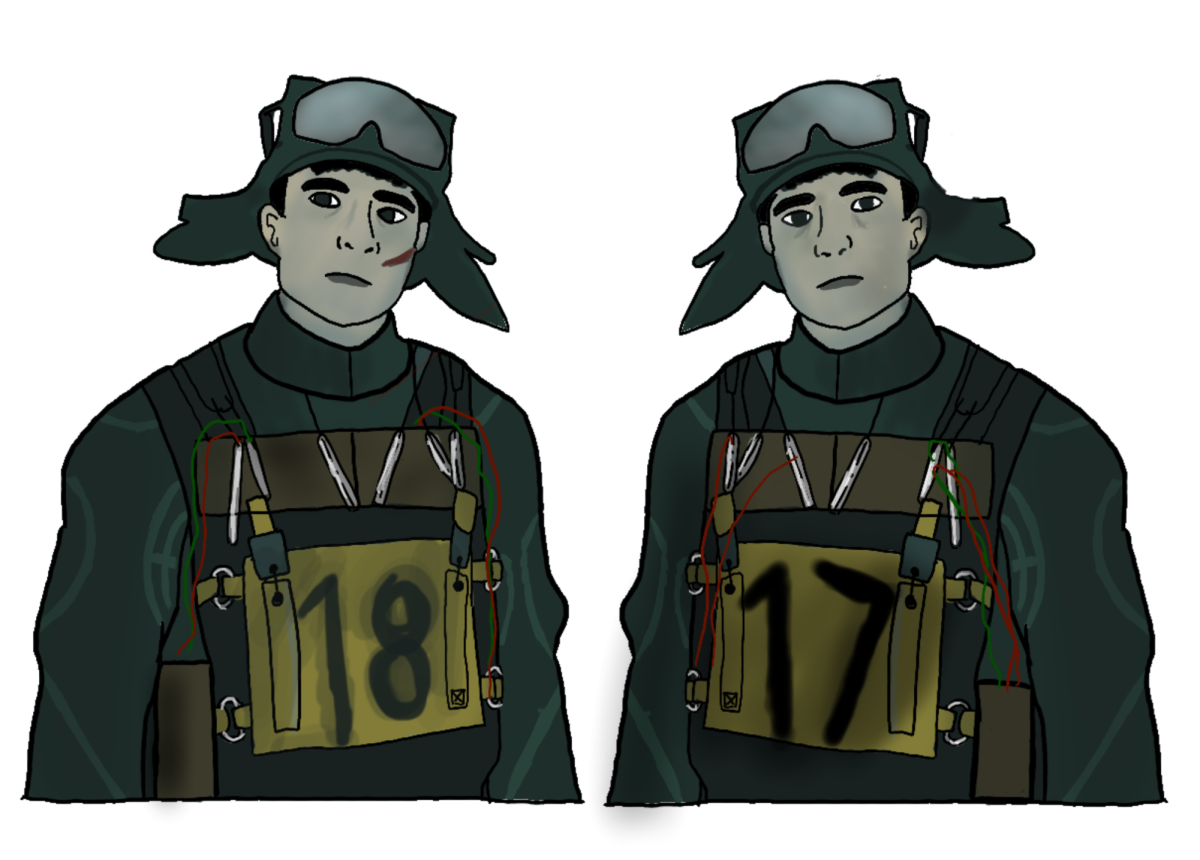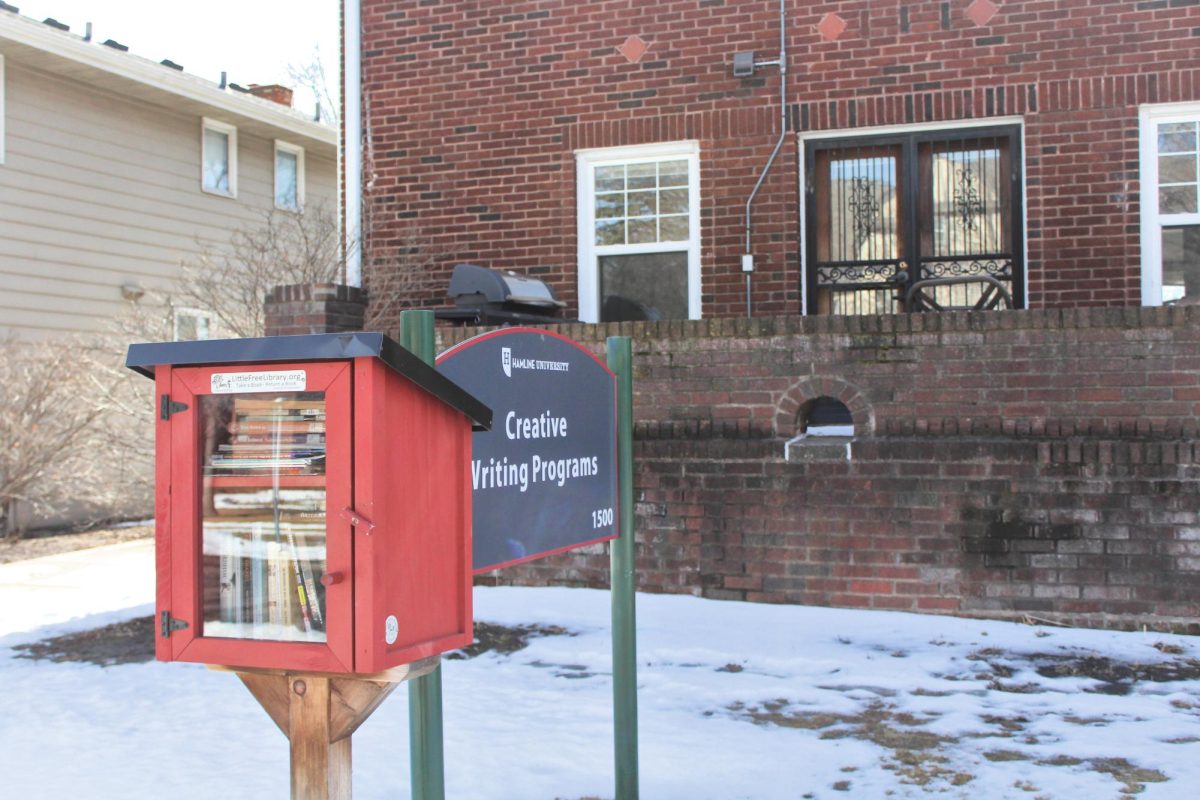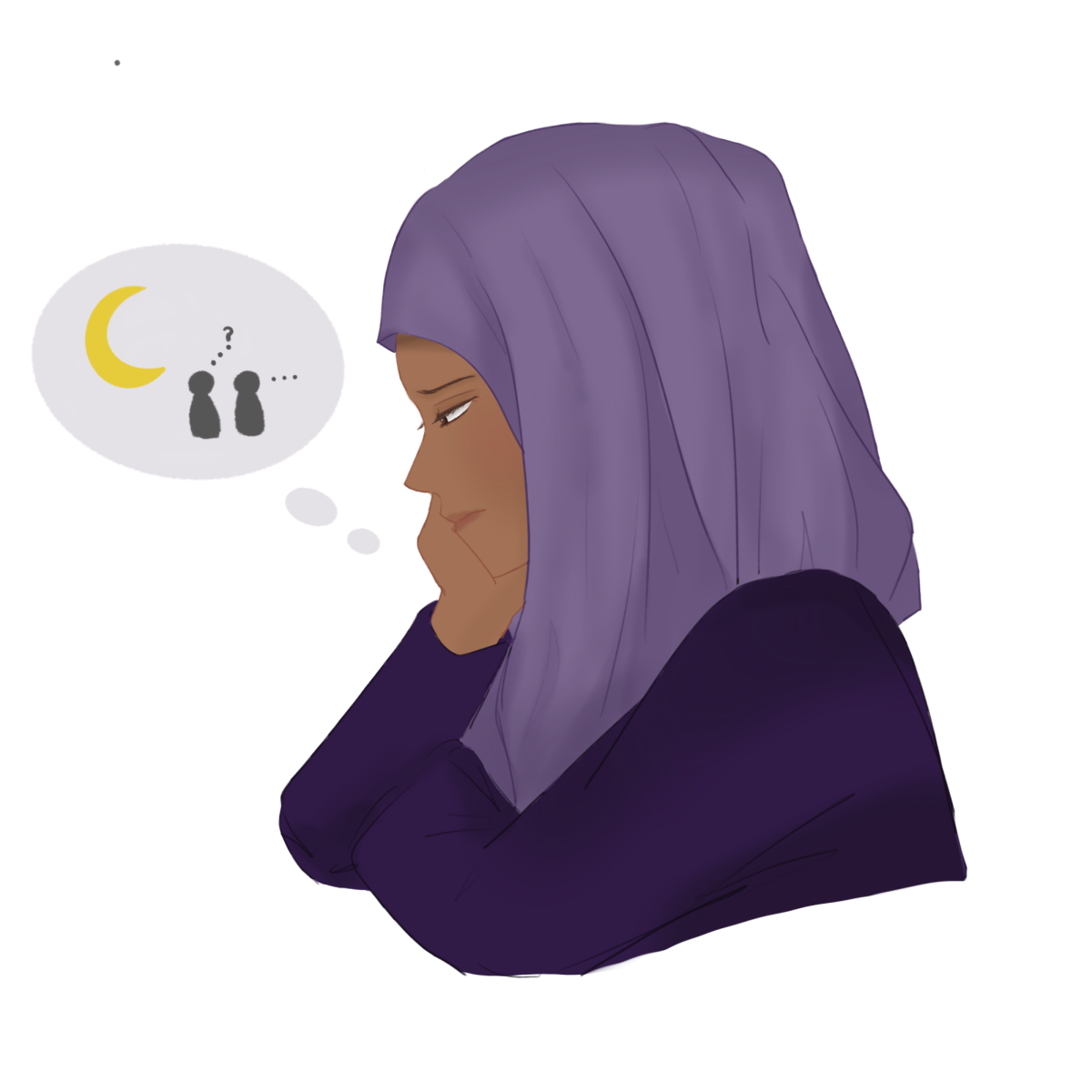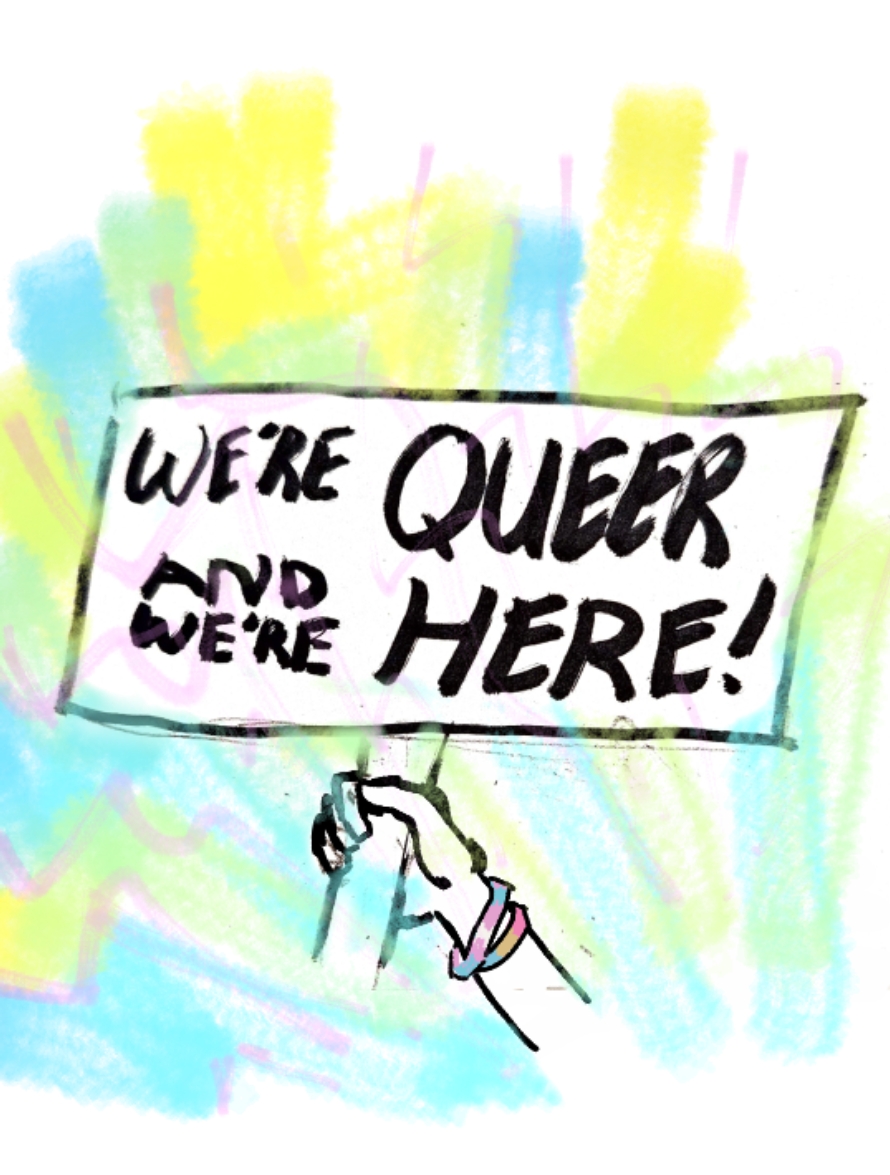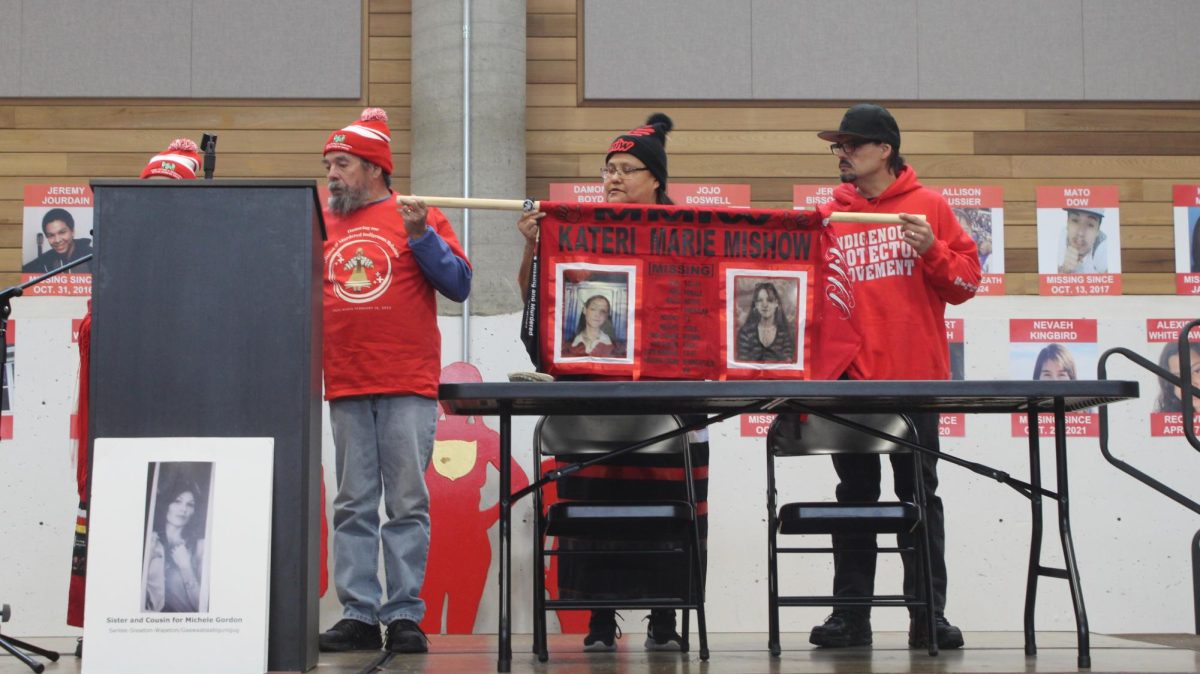We are at a historically difficult moment. With a deeply divided nation, the election results are devastating for many of us, although others view the outcome as a victory. While most of this reflection is addressed to those who are shocked and anxious, let me begin by addressing those who are celebrating.
For those of you who are pleased with the election results: Reflect on why so many people in our community – especially your friends and classmates who are members of communities that have been subjected to discrimination and abuse – are deeply worried about the future. Going forward, carefully scrutinize your candidate’s words and actions, and ask yourself if he is acting to reach out to all Americans and act to unify the nation, or if he is contributing to division and targeting vulnerable communities. See if the values that guide the next administration are aligned with yours and those of Hamline’s mission and civility statements, which call on us to be “champions for justice”, to be “ inclusive of individuals without regard to race, color, religion, creed, sex, sexual orientation, gender expression, gender identity, national origin etc.”, and to communicate in ways “that are respectful of others and which do not include personal vilification.” If you cast your vote for someone, you must hold them accountable.
Those who are struggling to come to terms with the election are largely concerned with two things. First, the next four years could see an erosion of democracy and a movement toward autocracy, along with particularly dark times for those who are most vulnerable. Second, we must face what kind of country we are. Nearly half of America is trying to understand how this nation has elected a president who is a sexual predator, a pathological liar, a convicted felon, and a peddler of hate who tried to undermine democracy once and might do it again. This part of America finds it hard to believe that over half of those who cast votes in this election find sexism, racism and vicious xenophobia and transphobia – among many other loathsome traits – acceptable in a leader.
After we get through this initial period of grief and outrage, we must ask ourselves – What do we do now? In the days and weeks ahead, we will seek comfort and solidarity with each other as we strategize and try to find an answer to that question. As I sit here on election night, I offer some initial thoughts to get that conversation going. I look forward to hearing from members of the Hamline community as we seek a way forward together.
- Think locally. Government at the federal level is going to be a threat for those who value democratic principles, diversity, and civility. But we are not just members of this nation. We are also residents of a state, a city, and a neighborhood. For those of us who are lucky enough to live in a state and a city that protects women’s and LGTBQ rights, values the contributions of immigrants and people from different cultures and religions, and is committed to responsible stewardship of the environment, the focus can be on making our state, city and community bastions of sanity and decency even as other parts of the nation betray these values and principles. Wherever you live, you can work to make your neighborhood and city a refuge.
- Find comfort with family and friends. In anxious times, we find solace and hope in gathering with the people we love. We must have each other’s backs, and we must make sure that those who are in vulnerable communities know that they are supported. Seek the company of animals, who are blissfully unaware of the ugliness that surrounds us and who remind us that there is a way to live fully engaged with the present moment, in touch with the senses, and aware of the value of a good cuddle.
- Seek solidarity with those who share your values, both near and far. Get involved. Join organizations that advocate for the rights that will be threatened in the coming years. Draw inspiration from those, present and past, who live under authoritarian regimes, such as China, Russia and Iran. Brave young people using their voices, writing, music, and social media have kept the flame of human rights alive even under the most oppressive regimes. If you are in the resistance under an unprincipled, cruel government, you are in good company. Ask yourselves an important question – At what point would I put my body on the line and take to the streets to protest? Living under a more autocratic regime is a litmus test for our values and what we are willing to fight for. And remember that, just as democracies can vote themselves out of existence and become more autocratic (as Turkey has done in recent years), countries also come back from movements toward authoritarianism (as Poland has). There are cycles, and you should stay hopeful. But it will take work and courage.
- Recognize that no gains, no movements in the direction of greater justice and rights, are irreversible. The arc of history will never bend toward justice by itself. We must use all of our strength to bend it, and we must never let up. The diseases of racism, sexism, homophobia, xenophobia, etc., are deep-seated and pernicious. When the conditions are right, and a demagogue arises to play on fear and bigotry, these diseases become more virulent. Be ever vigilant.
- Engage in self-care. Remember how much beauty there is in the world and, despite everything, how much we have to be grateful for. Eat a good meal. Watch a movie. Laugh. Get out in nature, turn your phone off, and don’t think of politics. Exercise. Do whatever form of meditation you can and try to attain as much equanimity as you can. There is a powerful Raymond Carver short story in which a woman who has experienced an unthinkable tragedy is offered cinnamon rolls by a baker who, not knowing what he could possibly do to comfort her, says this: “You have to eat and keep going. Eating is a small, good thing in a time like this.” Every day, make sure to treat yourself to small, good things.
- While we may passionately disagree with how others voted, and while we can justifiably believe that the candidate they support is completely unfit to lead, we must not demonize others or close off conversation. It is essential to understand people who think differently and whose worldview is opposed to yours, especially when they represent over half of the voting public. The only way to do that is through study and dialogue, precisely what we value at Hamline. The university must find ways to expose students to people with radically different perspectives and to facilitate engagement with those views. Whether it is through textual study or actual organized conversations with those who are outside the liberal arts community (what Amna Khalid calls `’stepping outside of our bubble”), we must seek to understand the many factors that led people to vote the way they did. One thing we will discover is the importance of issues related to class and economic insecurity in addition to the diversity issues that we understandably focus on. Ultimately, we must find a way forward together, which means continuing the conversation, guided by Hamline’s commitment to civility. The ultimate goal is to change minds and open hearts, and this can only happen through ongoing dialogue.
- Now, more than ever, understand the value and importance of a liberal arts education. What we teach here at Hamline – critical thinking, effective communication, media literacy, the seeking of knowledge and truth, open-mindedness, appreciation of the differences among us, respect for others, and a commitment to human rights – are the foundations of citizenship in any democracy worthy of its name. Let places like Hamline that are committed to these values be enclaves of light during dark times.
If you are hurting, remember: You are not alone. You are part of a community. We will get through this. Never lose hope.
Let’s get to work.

